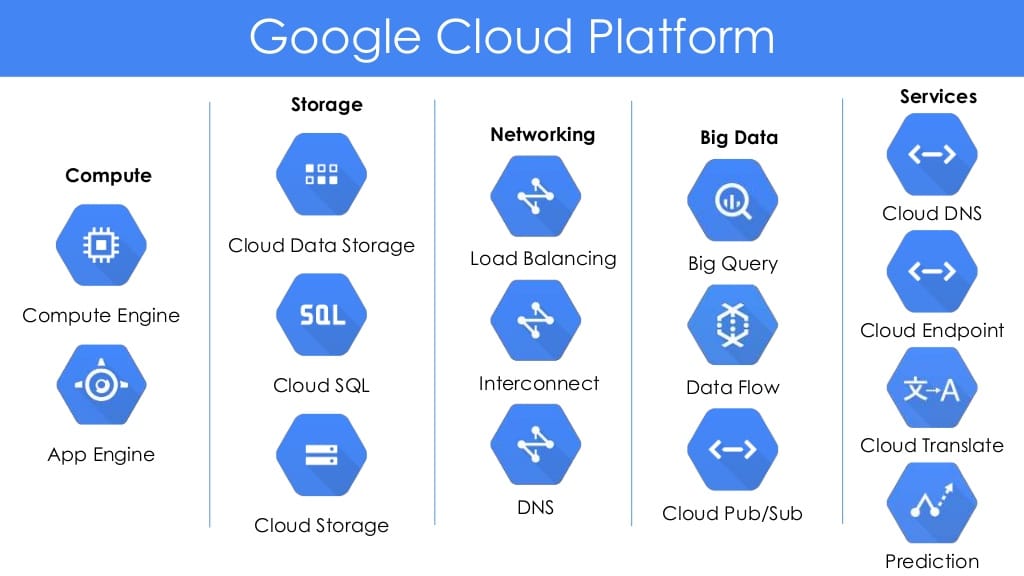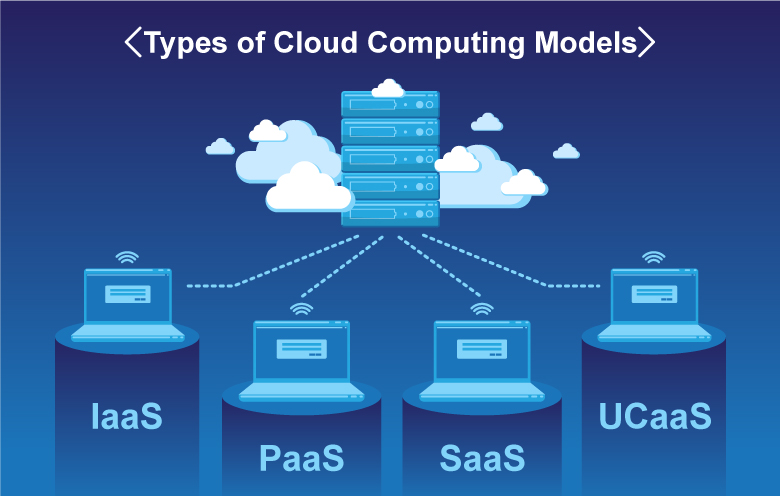Taking Advantage Of the Prospective of Cloud Solutions for Competitive Edge in the marketplace

Advantages of Cloud Provider

Cost-efficiency is an additional substantial benefit of cloud services, as firms can stay clear of huge ahead of time investments in equipment and software. In general, the advantages of cost-efficiency, versatility, and scalability make cloud solutions a useful property for firms looking for an affordable side in today's dynamic market landscape.
Cloud Movement Techniques
Cloud movement requires meticulous planning and seamless execution to make sure a smooth transition of digital possessions to cloud-based environments. Organizations starting this trip has to first conduct a thorough evaluation of their present IT framework, applications, and data to identify the most appropriate movement method. One typical strategy is the "Lift and Change" method, where existing systems are moved to the cloud without substantial modifications. This strategy uses a quick migration process but might not fully leverage the advantages of cloud-native features.
Alternatively, the "Replatforming" strategy involves making small changes to applications to enhance their performance in the cloud environment. This method strikes an equilibrium in between speed and optimization, enabling companies to take advantage of cloud abilities while decreasing disruptions.
For more complex systems, the "Refactoring" technique, likewise referred to as "rearchitecting," entails upgrading applications to be cloud-native. While this strategy requires even more time and resources, it can take full advantage of the benefits of scalability, adaptability, and cost-efficiency that cloud systems supply.
Ultimately, selecting the ideal cloud migration strategy depends upon elements such as the company's goals, spending plan, timeline, and technological requirements. By meticulously examining these considerations, businesses can efficiently shift to the cloud and acquire a competitive side on the market.
Enhancing Data Protection Measures
After carrying out cloud migration strategies, companies should prioritize boosting data safety measures to safeguard their digital assets efficiently. universal cloud Service. Information safety and security is vital in the digital age, particularly when leveraging cloud solutions that include transferring and keeping delicate info.
Regular protection audits and susceptability analyses are necessary to identify and address any kind of weak factors in the information security infrastructure immediately. Training workers on best methods for data security and enforcing rigorous gain access to controls can likewise alleviate the danger of internal data breaches. By buying durable data safety measures, organizations can infuse depend on amongst their stakeholders and customers, ultimately obtaining an one-upmanship in the market.
Leveraging Cloud for Scalability
Executing cloud services enables organizations to dynamically change resources according to require, enhancing scalability and optimizing operational performance. Scalability in the cloud context refers to the ability to quickly and easily increase or lower resources as required, providing companies with the adaptability to meet transforming requirements.
Moreover, leveraging cloud you can try here scalability makes it possible for companies to react quickly to market variations, seasonal needs, or unexpected development, ensuring continuous solution shipment without sustaining unnecessary expenses. By scaling resources up or down in real-time, companies check this site out can preserve optimum performance levels while regulating expenses. Furthermore, scalable cloud solutions encourage firms to introduce quickly, deploy brand-new applications effectively, and adjust to advancing organization requirements with dexterity. Overall, accepting cloud scalability is a critical move that promotes competitiveness and placements businesses for sustainable development in today's dynamic market landscape.

Carrying Out Cloud-Based Partnership
Collaboration in contemporary service atmospheres has actually undertaken a substantial change via the integration of cloud-based technologies. Cloud-based cooperation tools have revolutionized the way groups collaborate, using real-time communication, document sharing, and task administration abilities no matter physical area. By implementing cloud-based collaboration services, companies can improve performance, boost efficiency, and improve process.
Among the essential advantages of cloud-based partnership is its capability to damage down communication barriers among staff member. With features like immediate messaging, video conferencing, and virtual whiteboards, employees can work together seamlessly and stay linked no matter where they are located. Moreover, cloud-based collaboration tools assist in simple access to shared records and sources, allowing employee to function with each other on jobs in a synchronous manner.
Furthermore, cloud-based partnership advertises versatility and agility within look these up companies by enabling remote work and fostering cross-functional synergy. Workers can collaborate in real-time, share comments instantaneously, and choose jointly, resulting in quicker enhanced and analytic advancement. Overall, applying cloud-based partnership is essential for contemporary businesses seeking to stay affordable in today's fast-paced and interconnected market landscape.
Conclusion
To conclude, the use of cloud solutions uses various advantages for companies looking for an one-upmanship in the marketplace. By implementing cloud movement methods, boosting data safety procedures, leveraging scalability, and utilizing cloud-based cooperation, services can boost effectiveness, decrease costs, and remain ahead of the competitors. Embracing the capacity of cloud solutions is crucial for companies seeking to do well in today's quickly evolving organization landscape.
The ability to harness the capacity of cloud services provides services countless advantages, from increased agility and scalability to boosted cooperation and data safety. As organizations browse the intricacies of cloud migration and check out ingenious methods to take advantage of cloud modern technology, the concern emerges: Just how can businesses effectively make use of cloud services to not only maintain up with but additionally surpass their competitors in the dynamic industry?
Furthermore, the adaptability used by cloud solutions enables companies to accessibility data and applications from anywhere, promoting remote job and partnership among groups located in various geographical locations. - universal cloud Service
By executing cloud movement methods, enhancing data security actions, leveraging scalability, and using cloud-based cooperation, companies can improve performance, decrease expenses, and remain ahead of the competition. Accepting the potential of cloud services is crucial for organizations looking to prosper in today's swiftly developing organization landscape.